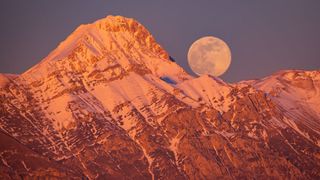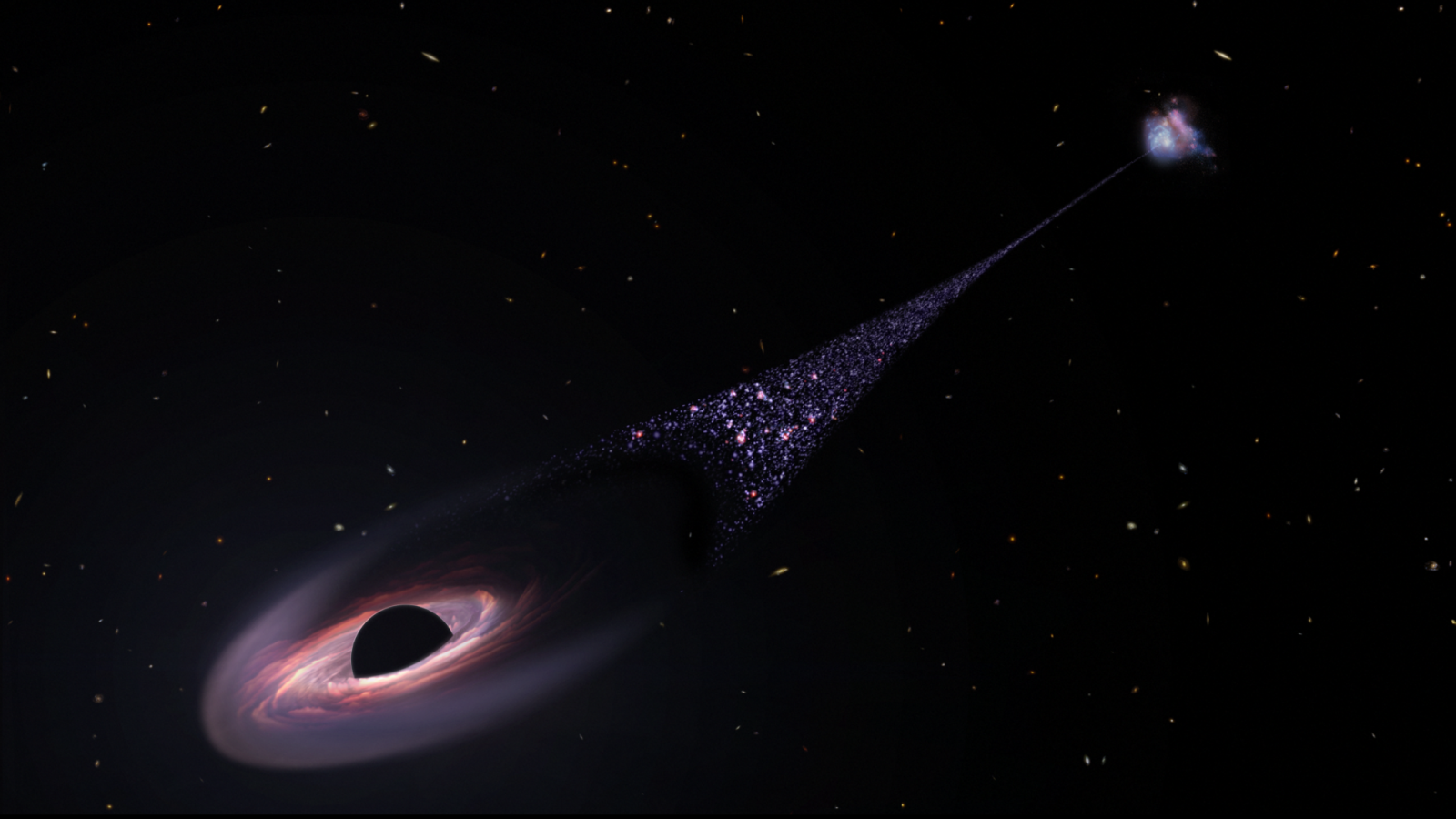Science News: Recent scientific discoveries and expert analysis
Read the latest science news and recent scientific discoveries on Live Science, where we've been reporting on groundbreaking advances for over 20 years. Our expert editors, writers and contributors are ready to guide you through today's most important breakthroughs in science with expert analysis, in-depth explainers and interesting articles, covering everything from space, technology, health, animals, planet Earth, and much more.

Explainers | Everything you need to know about the science news that matters.

Science Spotlight | Shining a light on new science transforming our world.
Latest news
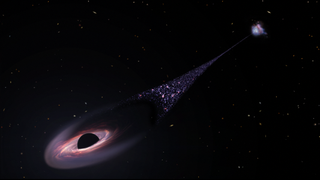
James Webb telescope confirms a supermassive black hole running away from its host galaxy at 2 million mph, researchers say
By Elizabeth Howell published
JWST peered at the glowing trail of stars left behind by a candidate runaway supermassive black hole deep in space, revealing new insights after other telescopes looked at the event.
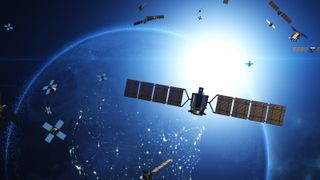
Orbiting satellites could start crashing into one another in less than 3 days, theoretical new 'CRASH Clock' reveals
By Harry Baker published
Researchers have proposed a theoretical timepiece, dubbed the "CRASH Clock," which tells us how quickly satellites would start colliding if they lost the ability to avoid each other, such as during a powerful solar storm. And its value is rapidly decreasing.
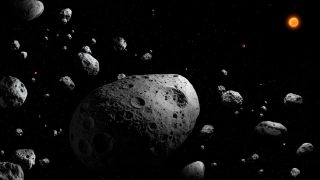
Vera C. Rubin Observatory discovers enormous, record-breaking asteroid in first 7 nights of observations
By Elizabeth Howell published
In its preliminary data release, taken from just seven nights of observations, the powerful Vera C. Rubin Observatory has discovered an enormous, fast-spinning asteroid that sets a new record.
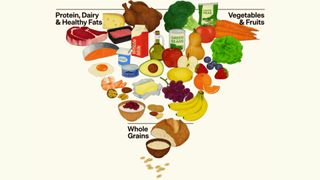
New US food pyramid recommends very high protein diet, beef tallow as healthy fat option, and full-fat dairy
By Nicoletta Lanese published
The federal government has released new dietary guidelines, introducing an emphasis on consuming meat and dairy and avoiding highly processed foods.
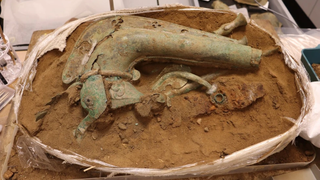
Rare 2,000-year-old war trumpet, possibly linked to Celtic queen Boudica, discovered in England
By Kristina Killgrove published
Archaeologists have announced their discovery of a metal hoard that contained an extremely rare example of a Celtic battle trumpet.
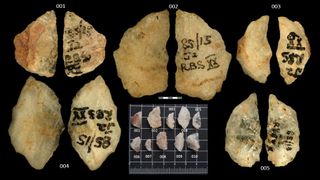
60,000-year-old poison arrows from South Africa are the oldest poison weapons ever discovered
By Sophie Berdugo published
Five quartz arrowheads found in a South African cave were laced with a slow-acting tumbleweed poison that would have tired prey during long hunts.

Leonardo da Vinci's DNA may be embedded in his art — and scientists think they've managed to extract some
By Sascha Pare published
In a first, scientists have extracted DNA from a Renaissance-era drawing attributed to Leonardo da Vinci, but they can't be sure that the genetic material belongs to the Italian polymath.
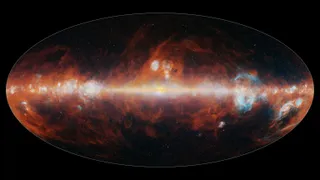
NASA telescope combines 100 maps of the universe into one, promising huge discoveries
By Sharmila Kuthunur published
NASA's SPHEREx telescope unveiled its first full-sky map of the universe, combining more than 100 infrared observations into one dazzling mosaic.

9,500-year-old cremation pyre of a hunter-gatherer woman is the oldest of its kind in the world
By Margherita Bassi published
Hunter-gatherers cremated the headless body of a woman in a pyre around 9,500 years ago in what is now Malawi.
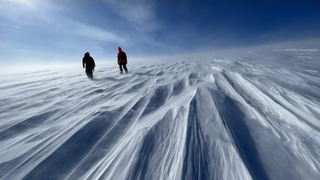
Huge ice dome in Greenland vanished 7,000 years ago — melting at temperatures we're racing toward today
By Skyler Ware published
Scientists drilled to the bottom of Greenland's 1,600-foot deep Prudhoe Dome and found it disappeared in the early Holocene, when temperatures were close to what we're predicted to reach by the end of the century.
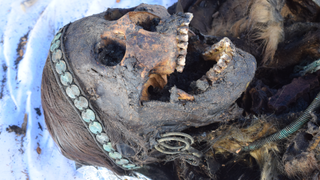
One of the last Siberian shamans was an 18th-century woman whose parents were related, DNA study reveals
By Kristina Killgrove published
A new DNA analysis of the mummies of historical Indigenous Yakuts reveals resistance to 17th-century Russian conquest.
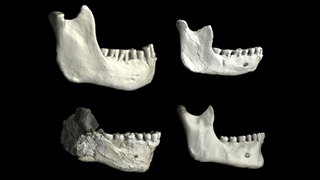
Last common ancestor of modern humans and Neanderthals possibly found in Casablanca, Morocco
By Kristina Killgrove published
A collection of bones from Casablanca holds important new clues to the origins of modern humans and Neanderthals.
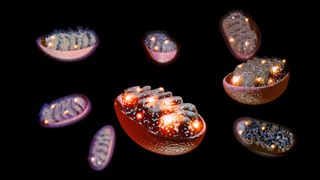
'Mitochondrial transfer' into nerves could relieve chronic pain, early study hints
By Nicoletta Lanese published
A new study reveals that nerve cells receive periodic infusions of mitochondria from neighboring cells — and this may point to a new way of treating nerve pain.
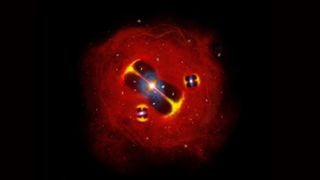
'How can all of this be happening?': Scientists spot massive group of ancient galaxies so hot they shouldn't exist
By Skyler Ware published
An inexplicably hot, fast-growing cluster of galaxies in the early universe has scientists questioning theories of galactic evolution.

Advanced alien civilizations could be communicating 'like fireflies' in plain sight, researchers suggest
By Harry Baker published
A new paper posits that advanced alien civilizations may communicate through subtle flashes, like fireflies do on Earth. The thought experiment suggests that we need to avoid human biases in our search for extraterrestrial life.
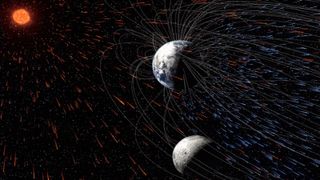
The moon has been secretly feasting on Earth's atmosphere for billions of years
By Harry Baker published
A new study reveals that tiny fragments of Earth's atmosphere are transported to and absorbed by the moon via gusts of solar wind and our planet's magnetic field, upending a 20-year-old theory based on NASA's Apollo lunar samples.
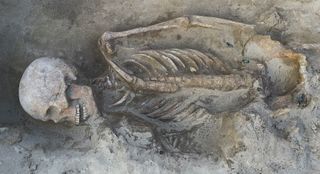
1,100-year-old burials of elite warriors and their ornate weapons discovered in Hungary
By Owen Jarus published
The 1,100-year-old burials of three elite warriors — two of whom were possibly father and son — have been discovered in Hungary.

US government overhauls the childhood vaccine schedule in unprecedented move
By Nicoletta Lanese published
Federal health officials are attempting to make the U.S. childhood vaccine schedule more like that of Denmark. Experts say the decision lacks scientific backing.
Get the world’s most fascinating discoveries delivered straight to your inbox.
 Live Science Plus
Live Science Plus







